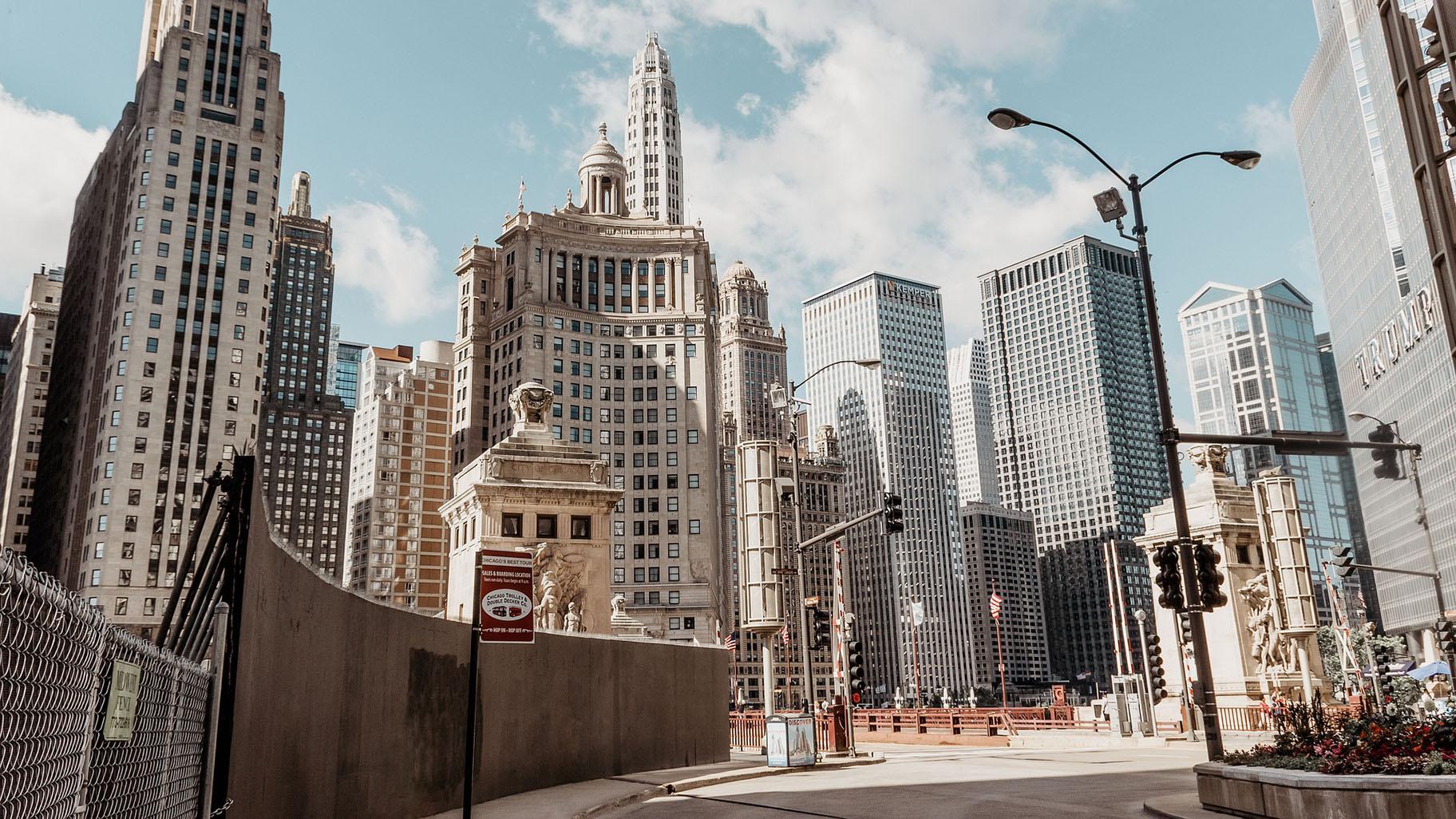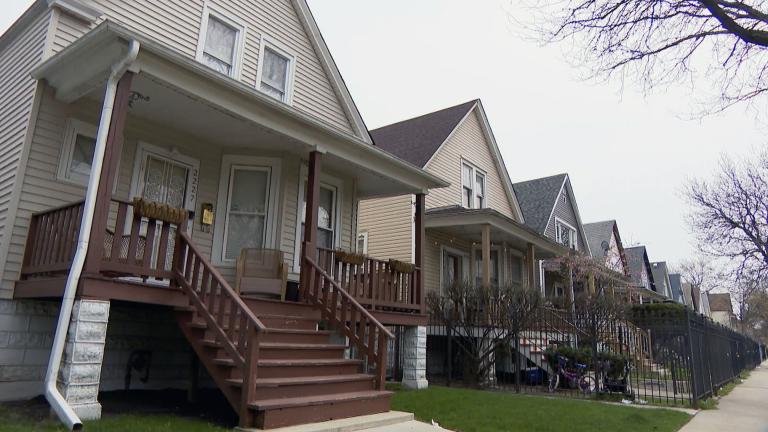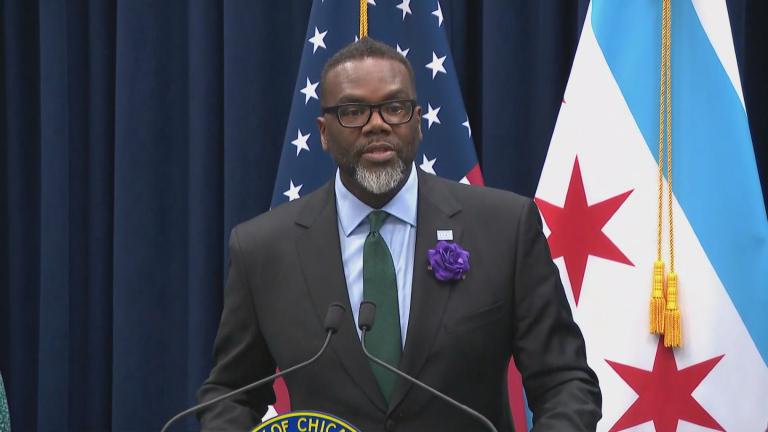 (Jürgen Polle / Pixabay)
(Jürgen Polle / Pixabay)
The continuing surge of COVID-19 infections in Chicago could slow the recovery of the city’s economy, Chicago’s top financial officials warned members of the City Council on Monday.
The surge driven by the more transmissible delta variant “could hinder the city’s economic recovery,” Budget Director Susie Park told members of the City Council’s Budget and Government Operations Committee at a hearing that gave alderpeople their first chance to question the city’s top financial officials after Mayor Lori Lightfoot announced the city faced a $733 million shortfall in 2022.
Even as tax receipts show that the city’s hospitality industry has yet to rebound from the pandemic, Chicago collected 6.5% more revenue through July than it expected, driven by taxed generated by Chicago’s red-hot real estate market, Park said.
While Lightfoot contends Chicago is “fiscally bouncing back,” Park and Chief Financial Officer Jennie Huang Bennett made it clear that Chicago’s finances are still mired in the deep hole created by the economic catastrophe of the pandemic.
But Lightfoot’s plan to dig out of that hole by using approximately 40% of the $1.9 billion in federal relief funds headed to Chicago from the American Rescue Plan signed into law by President Joe Biden in March was immediately greeted with skepticism from alderpeople.
Huang Bennett said that $782 million would allow the city to repay $465 million in loans it took out in 2021 and cover the shortfall created when officials canceled plans to borrow another $500 million after Biden signed the relief package into law.
Huang Bennett said that was the financially responsible choice for the City Council, saying it would have “a very negative impact” on the city’s finances if it returned to the era of scoop and toss, a budget-stretching tactic reviled by fiscal watchdogs as a costly gimmick.
Borrowing those funds would add millions of dollars in interest costs to the city’s expenses — much like an individual who uses a high-interest credit card to pay for groceries but only makes the minimum monthly payment, allowing debt to accumulate, Bennett told aldermen.
But Ald. Daniel La Spata (1st Ward) questioned whether it made more sense for the city to wait to essentially use relief funds to pay off debt “until the city’s economy is in a stronger place.”
La Spata is one of the alderpeople pushing Lightfoot to agree to use the bulk of the funds to send direct aid to Chicagoans struggling to stay afloat amid the pandemic.
That proposal from United Working Families would expand city funding for child care, reopen public mental health clinics, eliminate debt from unpaid water bills and fund programs to shelter unhoused Chicagoans.
In addition, the city needs an additional $275 million to send retroactive pay increases to Chicago police officers as called for in the tentative agreement reached last month with the Fraternal Order of Police Lodge 7.
The city plans to refinance $1 billion in debt to generate $250 million in savings to cover the bulk of that cost, Huang Bennett said.
Lightfoot is expected to present a detailed budget to the Chicago City Council in mid-September, and another skirmish over the spending plan for the Chicago Police Department is brewing.
Lightfoot’s proposed spending plan is expected to include an increase in the budget for the Chicago Police Department, which is on track to spend approximately $1.7 billion in 2021. Lightfoot said last month that there was “no question” that the size of the police department should grow in 2022.
The department needs additional funds to recruit new officers and expand programs that provides counseling to officers in the wake of trauma they experience on the job. The 2021 Chicago budget eliminated 614 vacant positions in the police department.
The CPD has 1,066 vacant positions, including 877 sworn officer positions that are unfilled, Park said. Through the end of July, 604 officers have retired in 2021, with another 121 expected to retire before the end of the year.
The police department will run as many academies as possible to fill those positions, officials said.
“With all the crime and everything that we’re dealing with in the city of Chicago, to drop almost 1,600 officers is very disturbing, so hopefully we can turn this ship around,” said Ald. Anthony Beale (9th Ward), a frequent critic of the mayor.
Contact Heather Cherone: @HeatherCherone | (773) 569-1863 | [email protected]






